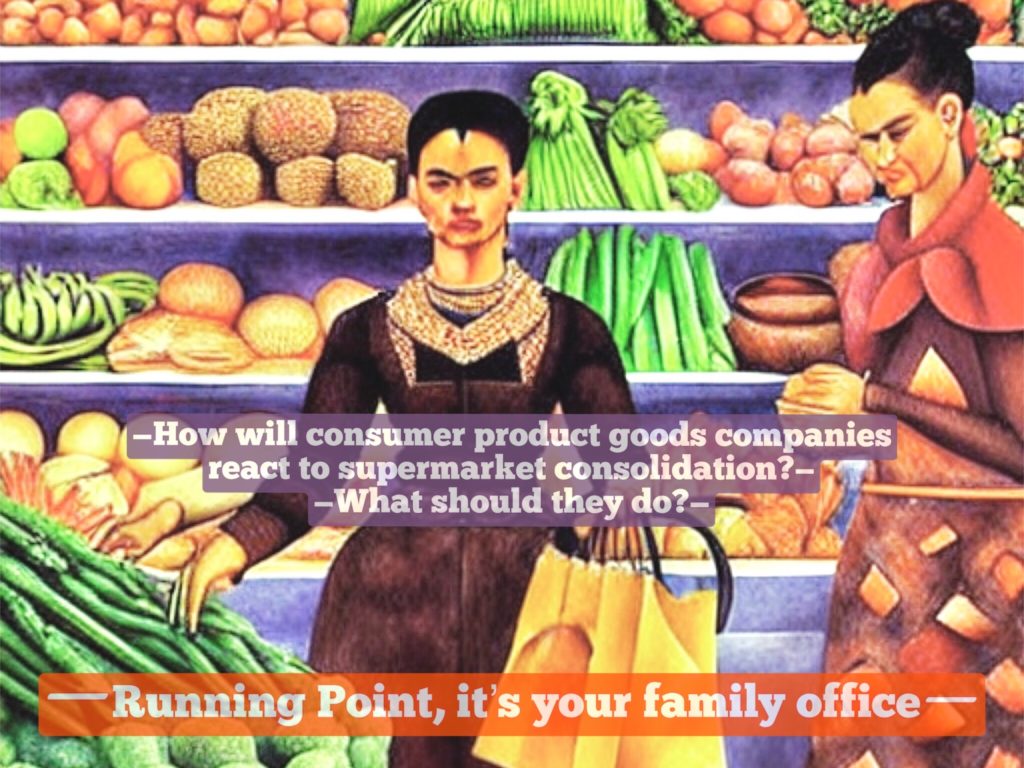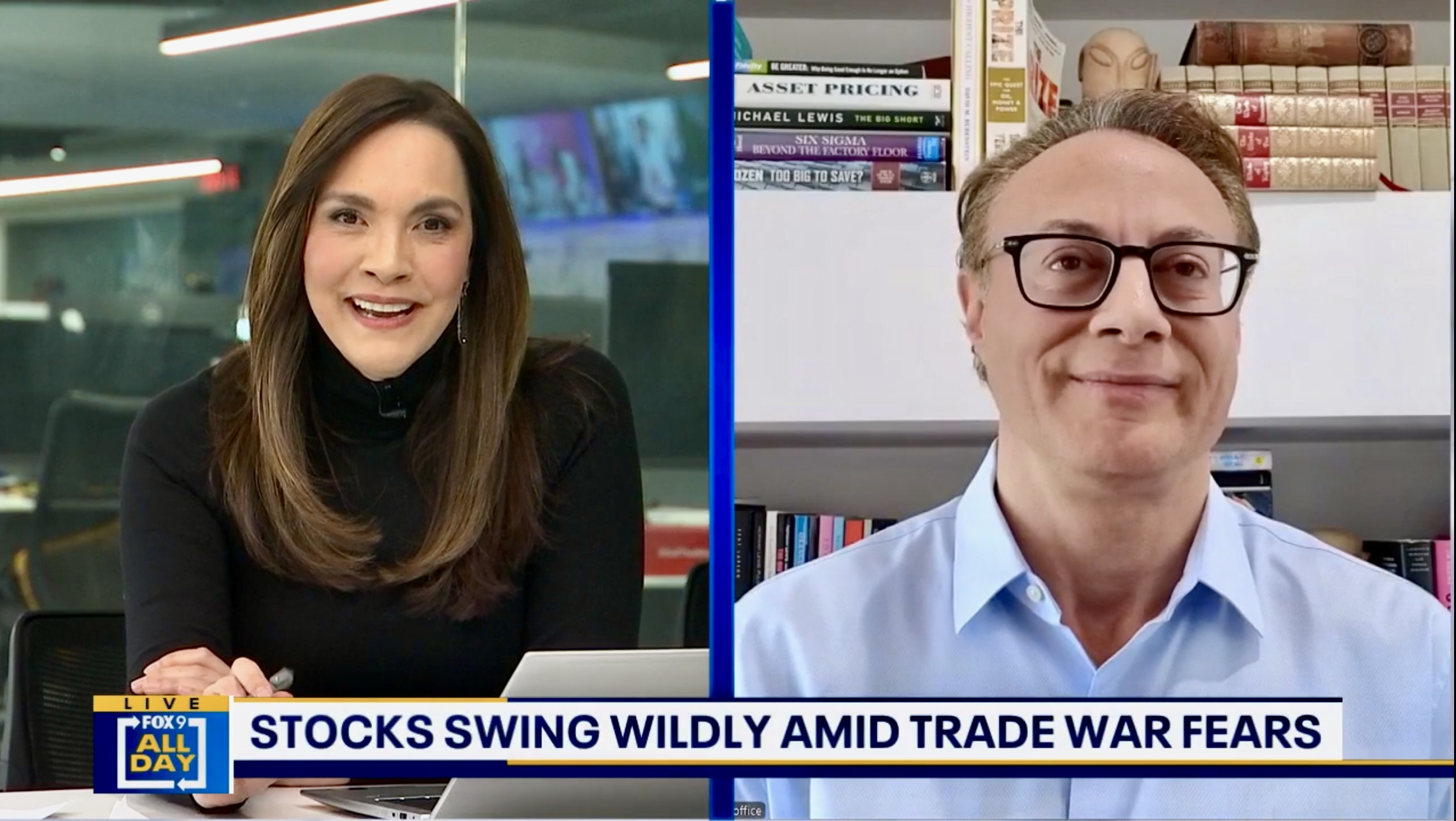Is Kroger’s purchase of Albertsons a $24.6B retail shakeup?
Running Point and its chief investment officer, Michael Ashley Schulman, CFA, were quoted by CPG Specialist in an article—by Shefali Kapadia, “Kroger Is Buying Albertsons in a $24.6B Retail Shakeup. Here’s What CPGs Should Know About Buying Power and Private Label”—regarding what the Kroger-Albertsons merger means for consumer product goods (CPG) companies that sell to the stores, how their retail channel distribution might change, and how CPGs should prepare for such shifts.
Beneficiaries versus losers, and where do private label brands fit in?
For huge national and multinational CPG companies—Coca-Cola, Danone, Diageo, Hershey’s, Nestlé, Pepsi—a potential Kroger-Albertsons merger should not be a large game changer. These CPG power-houses have the strength to secure shelf and promotional space while also testing new products. Additionally, store closures that are likely to come with the merger in areas where the two grocery giants overlap may simplify distribution for large food and beverage companies without reducing sales. The neighborhoods where overlapping stores close will still have the same number of mouths and bellies to feed, so demand shouldn’t change, but with less stores to service, supply routes and product bundling should simplify for the likes of large CPG companies like P&G and Bimbo Bakeries.
For smaller startup, local, and regional CPG players this merger could be a negative blow because it will probably reduce the number of doors to knock on (store managers to approach) unless competitive mandates are established to protect them. A lot depends on whether the Federal Trade Commission (FTC) approves the merger, what mandates the FTC puts on management, and how the combined Kroger-Albertsons management decides to treat local, regional, and startup brands.
In addition to the aforementioned, combining the private label brands of Kroger and Albertsons could provide more of a challenge to large and small food and beverage companies as consumers seek cheaper alternatives in today’s rapid inflationary environment.
Quoted article excerpt is below:
Big CPGs have plenty of brand loyalty, Michael Ashley Schulman, partner and chief investment officer at Running Point Capital Advisor, said in an email.
CPG “powerhouses,” he said, have the leeway to test new products on grocers’ shelves and work with retail partners on promotions. And grocers need to stock consumers’ favorite branded products to remain competitive with other stores.

Disclosure: The opinions expressed are those of Running Point Capital Advisors, LLC (Running Point) and are subject to change without notice. The opinions referenced are as of the date of publication, may be modified due to changes in the market or economic conditions, and may not necessarily come to pass. Forward-looking statements cannot be guaranteed. Running Point is an investment adviser registered with the U.S. Securities and Exchange Commission. Registration does not imply a certain level of skill or training. More information about Running Point’s investment advisory services and fees can be found in its Form ADV Part 2, which is available upon request. RP-22-58


